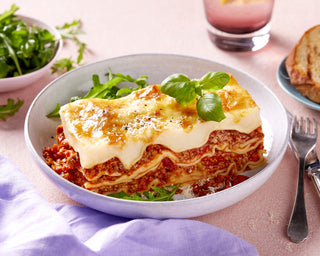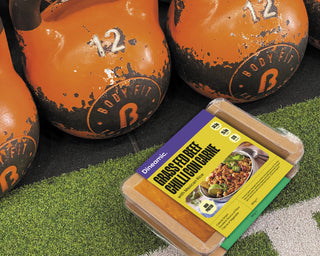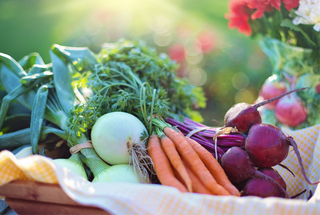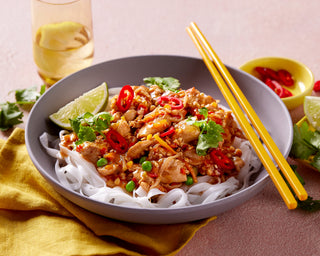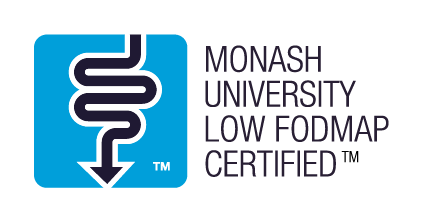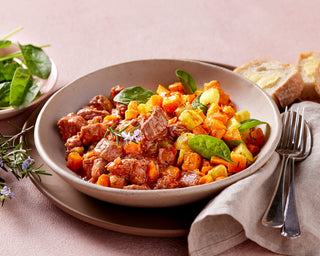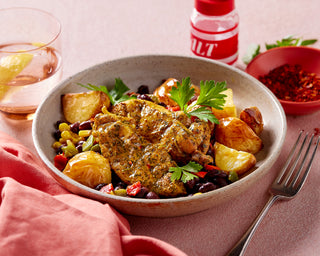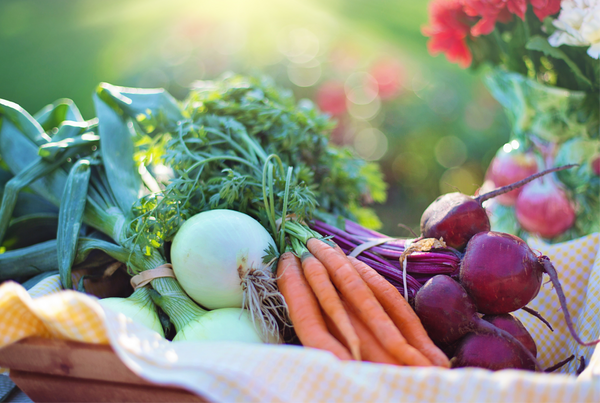
The Vegan diet has exploded onto the scene in recent years and while it has its origins in the vegetarian diet, the term ‘Vegan’ was only coined in 1944. It is only in the last 5-10 years that we have seen the vegan diet and lifestyle widely accepted into mainstream western culture, with an ever-increasing number of companies dedicated to producing vegan products.
What does it mean to be vegan?
Originally referring to a non-dairy vegetarian diet, the definition of veganism has gone through a number of revisions, with its current version released in 1988.
“A philosophy and way of living which seeks to exclude—as far as is possible and practicable—all forms of exploitation of, and cruelty to, animals for food, clothing or any other purpose; and by extension, promotes the development and use of animal-free alternatives for the benefit of humans, animals and the environment. In dietary terms, it denotes the practice of dispensing with all products derived wholly or partly from animals.”
Plant-based positives
We’ve spoken previously about the importance of increasing your intake of fruit and veg, and whether this is through a vegan, vegetarian, or flexitarian diet, there is a range of benefits that can come from upping your veg:
- Lower risk of cardiovascular disease
- Reduced risk of chronic diseases
- Increased vitamin, mineral, fibre & Omega 3 intakes
- Positive impact on the environment.
Things to keep in mind
Having a balanced diet including fruits, vegetables, grains, protein/meat and dairy will mean that you will get all of the nutrients and minerals that your body needs to function properly and keep you healthy. When elements of a balanced diet are removed or reduced it is important that you are aware of the specific intake of the minerals and nutrients that you might be missing out on so you can ensure you’re getting them in other ways.
With the vegan diet not including meat, dairy, eggs and other products, there are four key nutrients that the Dietitians Association of Australia recommends to keep in mind.
- Iron – be sure to include a range of dark leafy vegetables, legumes, nuts, seeds, whole grains and tofu in your diet. These iron-rich foods will help boost your intake, but it is also important to include a range of foods that are high in Vitamin C (such as berries, citrus, tomatoes & broccoli) to help your body absorb the iron. The reason is two-fold: it prevents the formation of non-absorbable iron compounds and prevents ferrous iron being formed which is required for the uptake of iron into the membrane cells.
- B12 – this can be a tricky one as vitamin B12 only occurs naturally in animal products. Try eating foods that are fortified with B12 (some soy milks & vegan burgers/ sausages) or take supplements.
- Calcium – boost your intake by including things like calcium-fortified soy & almond milks, hard tofu, almonds & leafy green vegetables such as kale into your diet.
- Omega-3 Fats – some plant sources contain omega 3 fats, however, the body converts these at a low rate to the more beneficial type that it needs. Good sources of omega-3 fats from plant sources are walnuts, chia seeds, linseeds and canola oil.
People choose a vegan lifestyle for a range of ethical and health-related reasons. From a nutrition perspective, it is important that those who do follow a vegan diet have a full understanding of the impacts on health that the diet can have and how to ensure that they are getting the nutrients your body needs to function properly.
Keep in mind that any time you are making major changes to your diet, it can be a good idea to see an Accredited Practicing Dietitian. They can help guide you through the transition and your food choices so your body is not depleted of nutrients and is getting what it needs.
While we do offer a range of meat-inclusive meals here at Dineamic, we’re proud to offer a good range of both vegetarian and vegan options. So whether it’s one day a week, or your everyday lifestyle, there is now a vast range of delicious vegan options out there from ready-made meals to restaurants.
To read more about being Vegan, check out the Vegan Society website or this beginner’s guide from Health Line.
Let us know in the comments if you have any tips for those thinking about going vegan and what your go-to vegan meals are.


